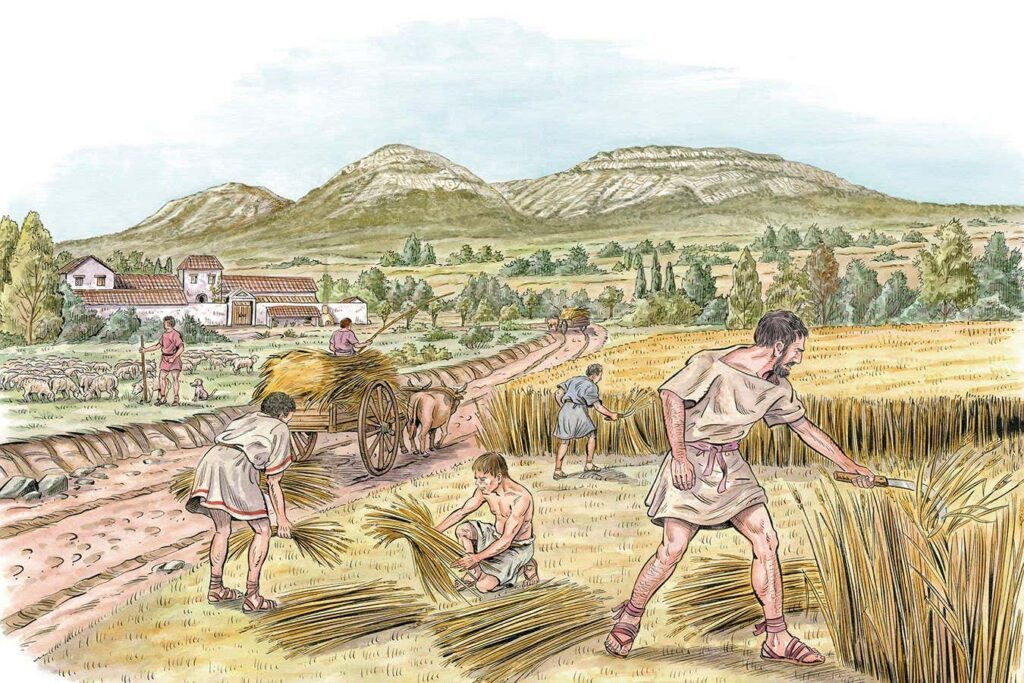
BREAKING: New research confirms that the cultivation of cereal grains played a pivotal role in the rise of the first states, reshaping human societies as we know them. This urgent study suggests that the ability to store and tax surplus food directly influenced the emergence of complex societies and writing systems.
Led by researchers Kit Opie from the University of Bristol and Quentin Atkinson from the University of Auckland, the study reveals that agriculture, particularly cereal farming, was not merely a response to human needs but a catalyst for the formation of early political structures. The findings show that societies that effectively utilized grains like wheat, barley, and rice were far more likely to develop sophisticated governance systems around 4,000 years ago, primarily in regions such as Mesopotamia and Egypt.
The researchers utilized comprehensive data from family trees of world languages combined with anthropological databases, assessing the link between agriculture, taxation, and state formation. Opie states, “Intensive agriculture was coupled with the emergence of states, but it appears that states often drove agricultural intensification, rather than the reverse.” This indicates a complex relationship where the need for a centralized authority may have spurred advancements in farming techniques.
The study highlights the essential characteristics of cereal grains that made them ideal for taxation: they are easy to assess, can be stored efficiently, and ripen predictably. This contrasts sharply with root crops like cassava or potatoes, which are less suitable for tax purposes. Opie emphasizes, “States would defend these fields from external threats in exchange for tax, establishing a protection racket reminiscent of mafia operations.”
Furthermore, the emergence of writing systems is closely tied to taxation. Societies that adopted writing did so primarily to record taxes, allowing elites to maintain control over resources and reinforce hierarchical structures. The research suggests that once these states were established, they often eliminated other forms of agriculture to maximize grain production, leading to negative consequences for overall health and nutrition.
Although the transition to cereal farming resulted in population growth during the Neolithic period, it also correlated with declines in health metrics, including height and dental conditions. This dual outcome raises critical questions about the long-term impacts of early agricultural practices on human societies.
Experts in archaeology, such as David Wengrow from University College London, warn against oversimplifying this complex history. Wengrow notes, “There was no single ‘prime mover’ behind the emergence of early states globally; the factors varied significantly by region.”
As this study sheds new light on the intricate relationship between agriculture and political organization, it sparks a re-evaluation of how we understand the development of human societies. The implications of these findings are profound, raising essential discussions about sustainability and agricultural practices in our current era.
Stay tuned as this research continues to unfold, and its effects on our understanding of civilization’s origins are further explored. This study emphasizes the critical role of cereal grains in shaping not just economies but the very fabric of early human life.






